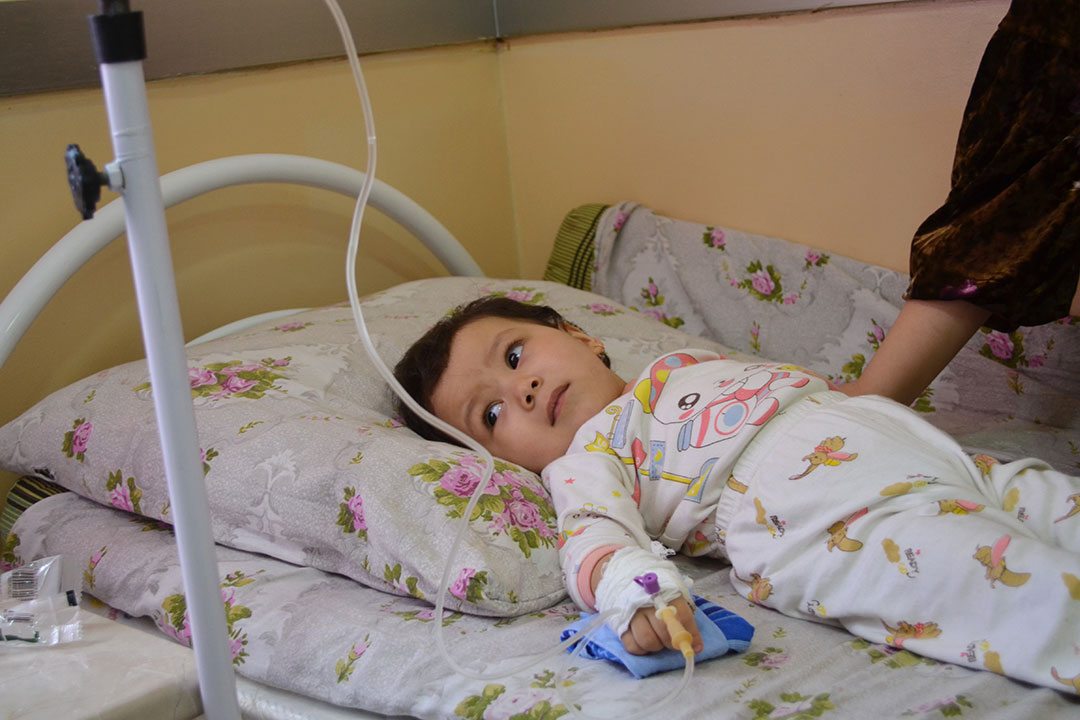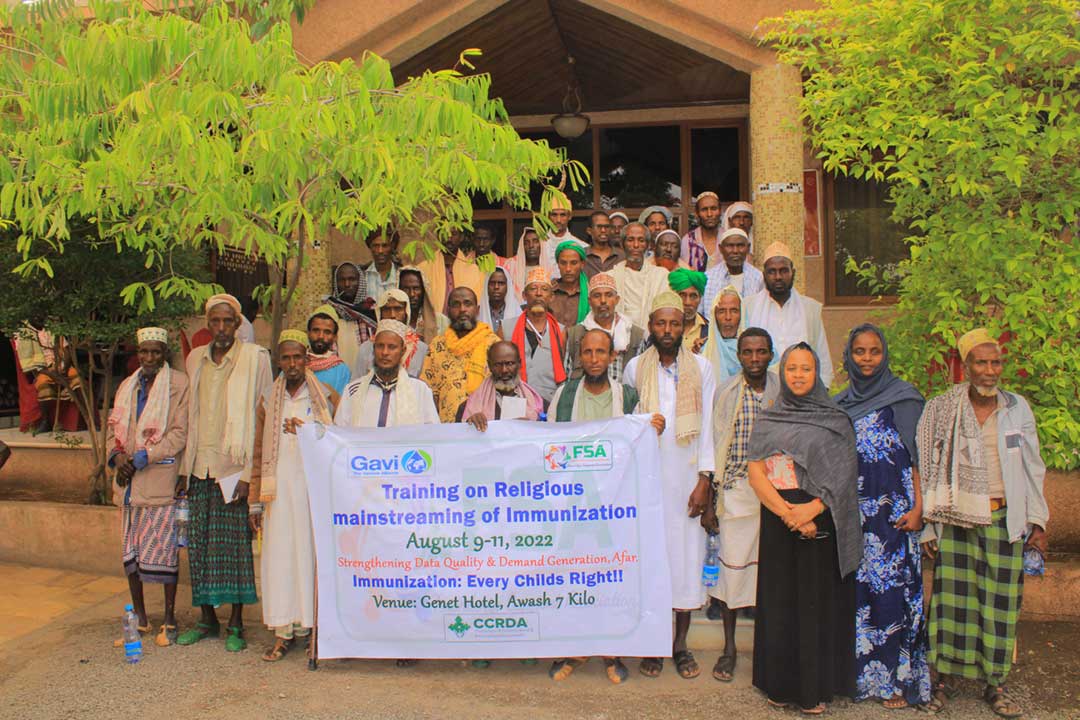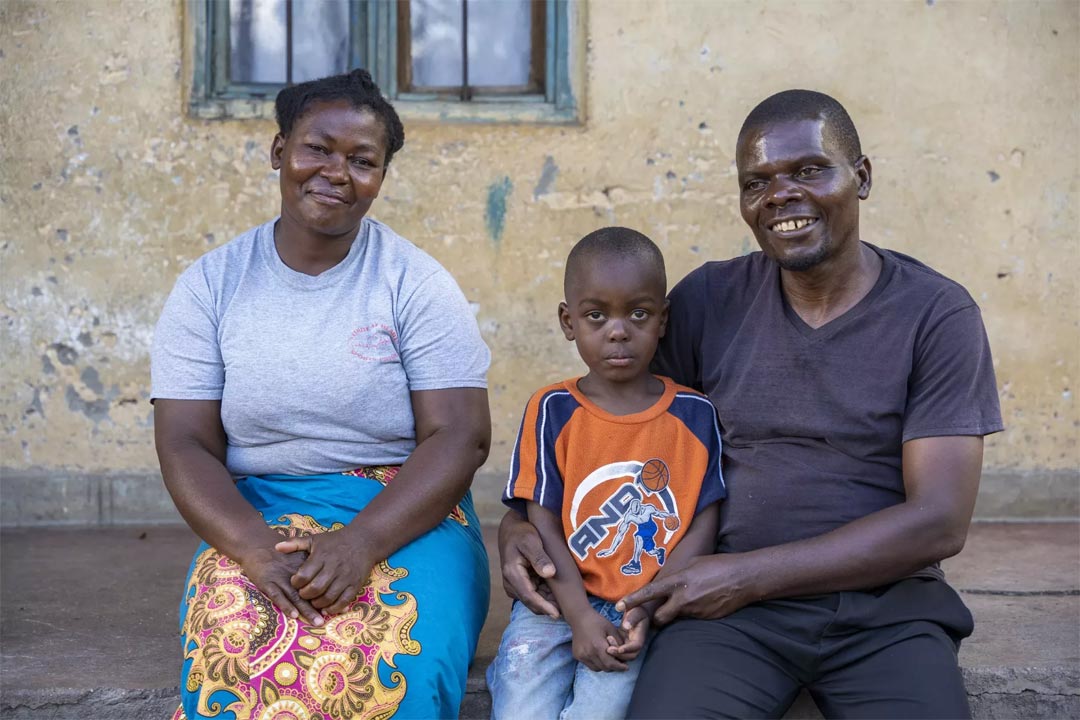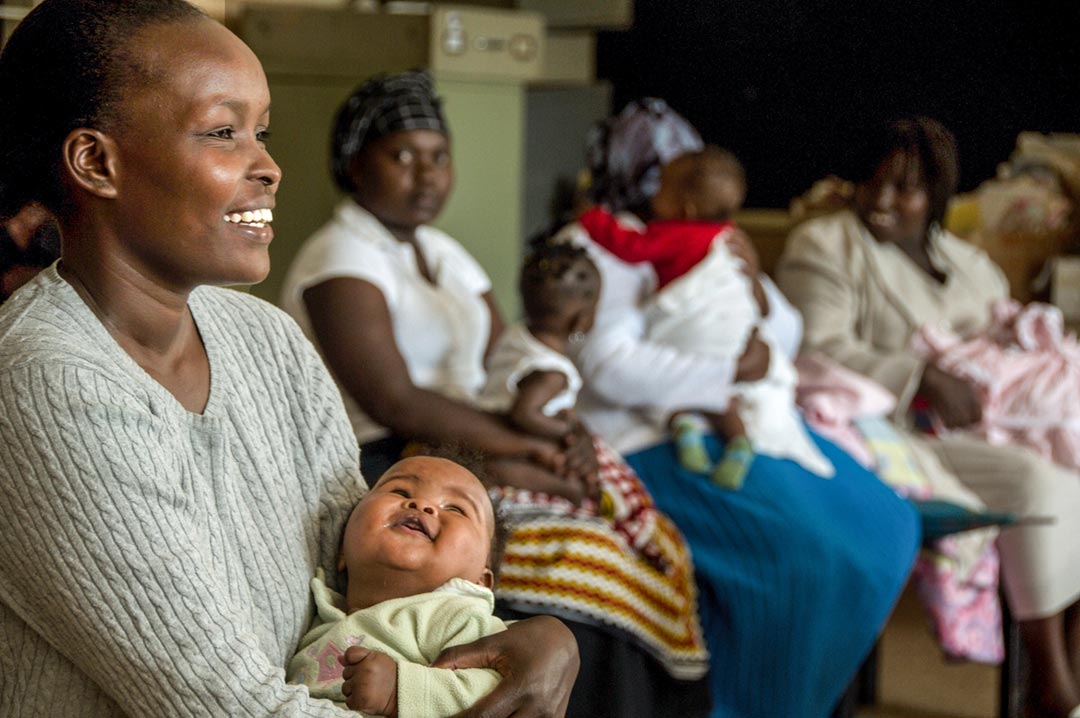Rising incidence of hepatitis A in Uzbekistan prompts vaccination push
The hepatitis A virus causes liver inflammation, painful symptoms and in rare cases, death. Uzbekistan’s Ministry of Health is calling on the population to vaccinate, to help protect especially people with weakened immunity.
- 5 April 2024
- 4 min read
- by Umida Maniyazova

The incidence of hepatitis A in Uzbekistan has risen steeply in recent months, with a concerning number of children infected with the virus. According to Maftuna Saidova, the head of the Information Service of the Committee for Sanitary and Epidemiological Well-being and Public Health, more than 9,500 children were diagnosed with hepatitis A by early February. The increase in cases has been particularly notable in the Andijan, Bukhara, Namangan, Surkhandaryo, Samarkand and Fergana regions, and in the Republic of Karakalpakstan.
The Ministry of Health of Uzbekistan is warning that for people with weakened immunity and health problems, there is a risk of rapid development of disease with a fatal outcome.
Tashkent resident Nilyufar Sadikova became ill with hepatitis A last year. "I infected the children one by one: the disease manifested itself after 30 days in each child,” says Sadikova. No one in the family was vaccinated.

Credit: Umida Maniyazova
Highly contagious, the hepatitis A virus spreads via direct contact with sick people, or through the ingestion of contaminated food or water. Once in the body, the virus causes an inflammation of the liver, producing symptoms that include fever, malaise, appetite loss, diarrhea and vomiting, abdominal pain and jaundice. Unlike the related hepatitis B and C viruses, hepatitis A does not cause chronic disease – but in rare cases it does precipitate acute liver failure, which can be deadly. WHO estimates that more than 7,000 people worldwide died of hepatitis A infections in 2016.
Inactivated hepatitis A vaccines have been available for children older than one year since the early 1990s. After her children got sick, Sadikova says, their school began the process of vaccination against hepatitis A. Sadikova says she regrets that she did not vaccinate her children against this disease earlier.
In Uzbekistan, like in many countries, the hepatitis A vaccine is not included in the national vaccination schedule, meaning that it is not one of the vaccines provided by the state, free of charge. Still, many kindergartens and schools, according to internal rules, require parents to vaccinate their children against this disease privately.
Have you read?
According to the Medek Plus Vaccination Center in Tashkent, the cost of hepatitis A vaccination averages 350,000 Uzbek soms (about US$ 28).
The Ministry of Health of Uzbekistan warned that in neighbouring Kazakhstan, there has also been an increase in cases of hepatitis A infection, and recommended that parents vaccinate especially children aged two years and older, as well as those in contact with them. According to the Ministry of Health of Kazakhstan, that country has registered 850 cases of infection so far this year, which is almost twice as for the equivalent period a year ago.
Uzbek Health officials have emphasised the importance of vaccination in preventing the transmission of the virus, highlighting that vaccination can prevent the spread of the virus in 94–98% of cases.
According to paediatrician Diloram Akhrorova, the primary focus of hepatitis A vaccination has been on children aged 18 months to 14 years, with the vaccine providing immunity for up to 15 years following administration. A single dose of the vaccine is considered sufficient, and no additional booster shots are required.
But not all parents welcome the hepatitis A vaccination campaign in schools. Tashkent resident Nodira Akbarova is among the sceptical. “After the winter holidays, the school announced that they would vaccinate all primary school children who had not received the vaccine against hepatitis A. But I’m not sure I will give my consent to this,” says the woman. Akbarova cites her confidence that most cases of this disease end in complete recovery to explain her reluctance to vaccinate.
However, the Ministry of Health of Uzbekistan is warning that for people with weakened immunity and health problems, there is a risk of rapid development of disease with a fatal outcome.
According to the Committee for Sanitary-Epidemiological Welfare and Public Health, in the past year, 365,167 children across the country were vaccinated against hepatitis A. However, despite these vaccination efforts, the increasing incidence of hepatitis A presents a considerable burden on both the population and the health care system.
The experiences of health care facilities and professionals in dealing with the hepatitis A swell underscore the need for heightened awareness, proactive measures and effective management of the disease, said the Committee for Sanitary-Epidemiological Welfare and Public Health.
Controlling the virus will demand a collaborative effort, with participation from state authorities, health workers and the public.
More from Umida Maniyazova
Recommended for you








